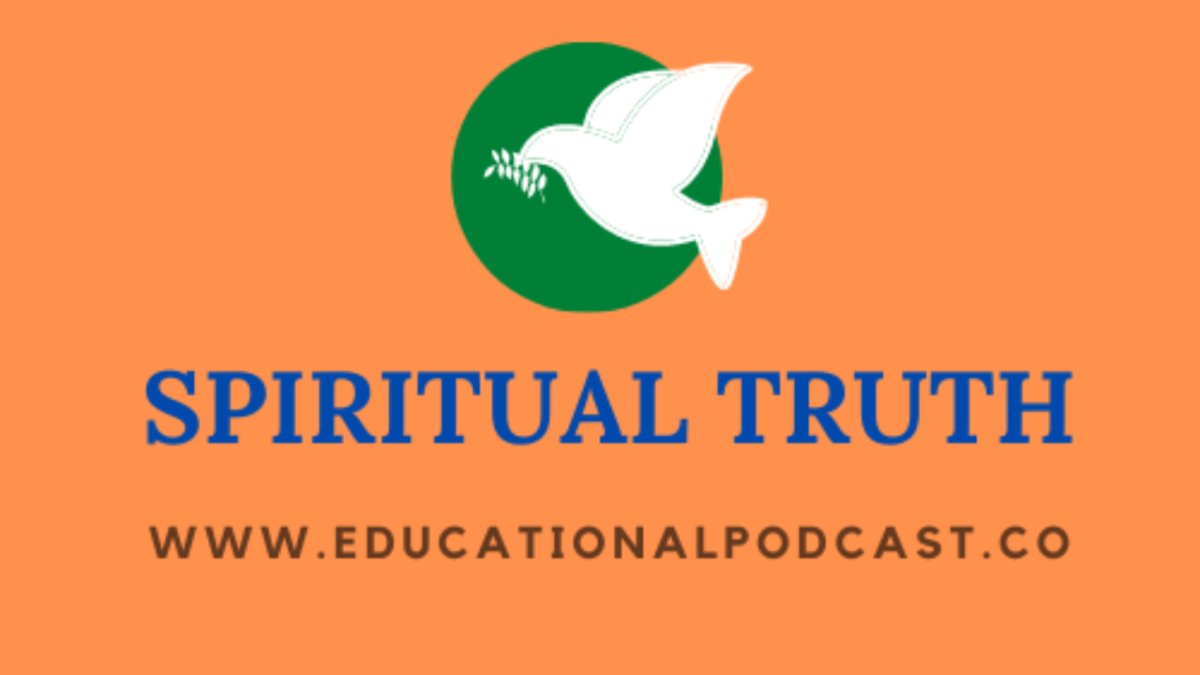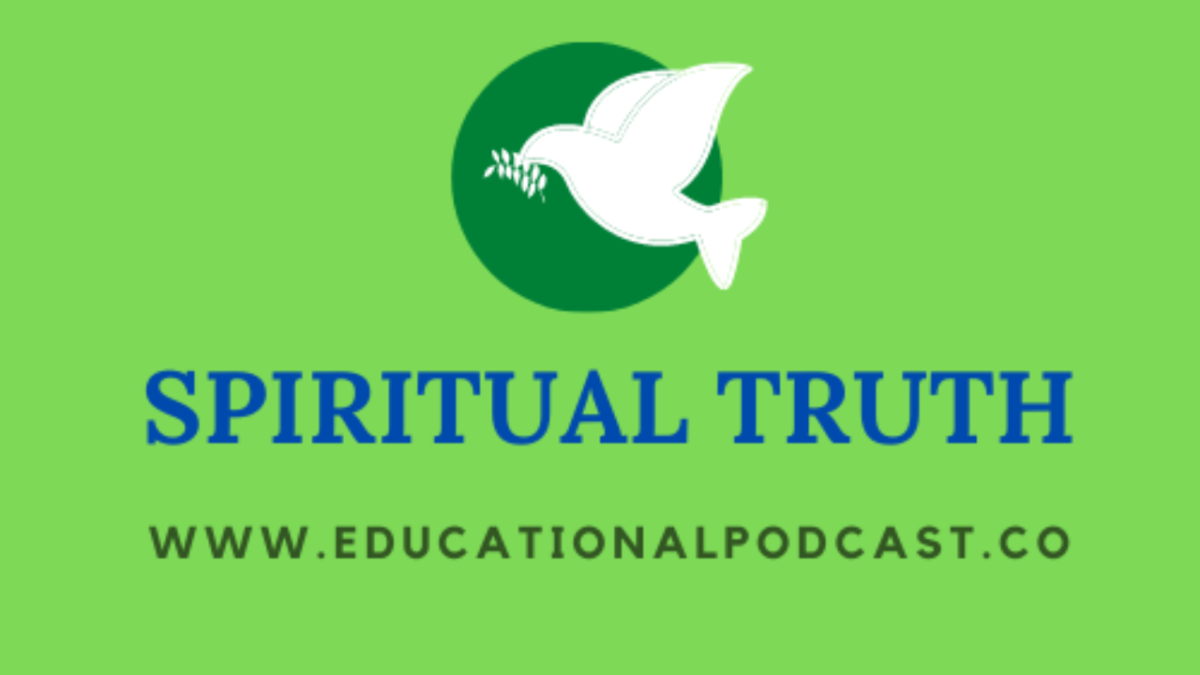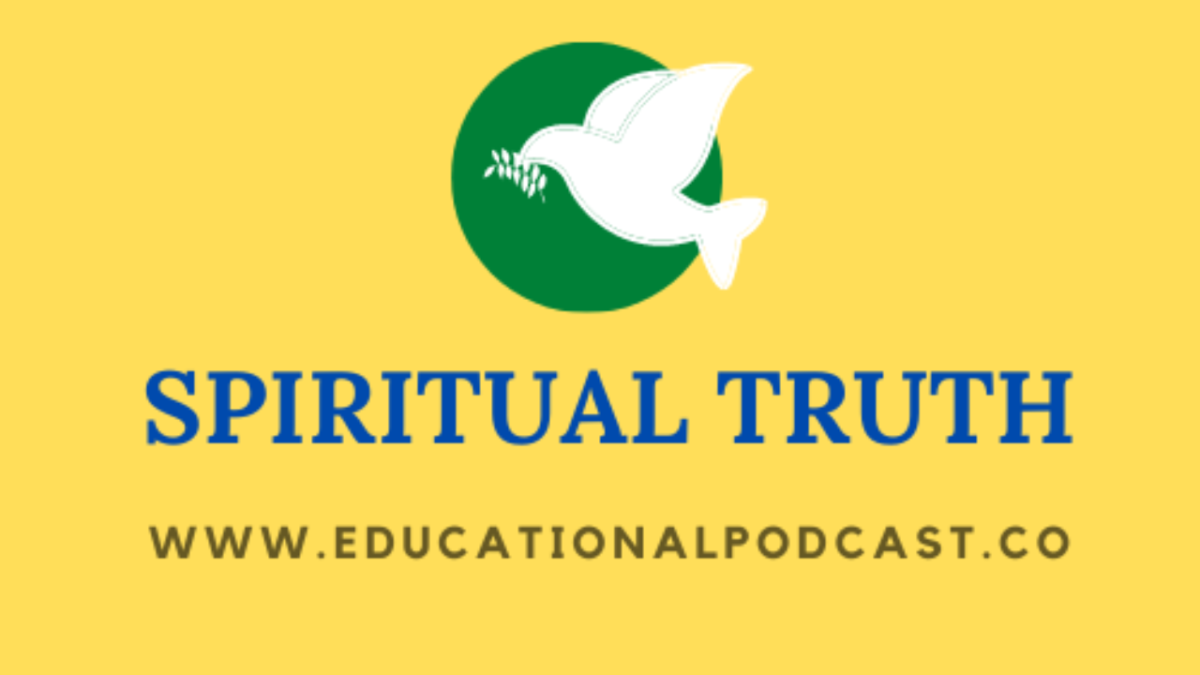Most people, including many religious leaders, get it very wrong when describing Yahshua the Messiah
In this blog post and podcast, I will expose why many get it wrong when describing Savior Yahshua: here’s the truth!—it’ll set you free.
Welcome to today’s episode of educational podcast, where we dive deep into the heart of the Bible and true faith. I’m Elder Dan, your host. Today, we’re tackling a topic that’s been painted—quite literally—misconception or wrong for centuries: the physical and glorified appearance of Yahshua Messiah. Join me as I explore and challenge you why knowing Yahshua’s true appearance is vital for honoring these holy days and deepening our faith.
If you would rather listen to this, just click the play button below. 🙂
Episode is also available to listen free in other Pod Networks below.
As we commemorate the Holy Days of Passover and the Feast of Unleavened Bread this week, we’re reminded that these sacred moments are all about Yahshua Messiah—our Passover Lamb and Bread of Life. But to truly know him, we need to see past the long-haired images of art and movies. The Bible paints a different picture in 1 Corinthians 11:14, Isaiah 53:2, and Revelation 1:14-15. Are you ready to learn the real truth about Yahshua? Let’s get started, shall we?
Let’s set the stage. Picture this: you’re flipping through a coffee table book of Renaissance art, or maybe you’re watching a Hollywood blockbuster about the life of Yahshua. What do you see? A tall, ethereal figure with piercing blue eyes, a perfectly groomed beard, and long, wavy hair cascading over his shoulders. It’s an image so ingrained in our culture that it feels almost sacred. But here’s the thing—it’s not biblical. Not even close. The Bible gives us some clear clues about what Jesus actually looked like, and they don’t match the Hollywood version. So, where did people go wrong, and what does scripture really say?
Let’s start with the hair. For years, artists have depicted Yahshua with long, flowing locks, but the apostle Paul has something to say about that in 1 Corinthians 11:14. He writes, “Does not the very nature of things teach you that if a man has long hair, it is a disgrace to him?” Now, Paul’s writing this in the context of cultural norms and spiritual principles in the early church, but the implication is clear: long hair on men wasn’t the standard for holiness in this time and place. Yahshua, as a Jewish man living in first-century Judea, would’ve followed the customs of his day. Short hair was the norm for men—practical, modest, and aligned with the cultural expectations of a devout Jew. So, that iconic long-haired Yahshua? It’s more a product of medieval European art than biblical reality!
But it’s not just about the hair. Let’s talk about Yahshua’s overall appearance as a man walking the earth. If you’re imagining a chiseled, glowing figure who stood out in a crowd, think again! Isaiah 53:2 gives us a striking description of the Messiah: “He had no beauty or majesty to attract us to him, nothing in his appearance that we should desire him.” Let that sink in! Yahshua wasn’t some larger-than-life, movie-star-handsome guy. He was ordinary. Regular. The kind of person you’d pass on the street without a second glance. This is huge because it challenges the idea that Yahshua’s physical presence was meant to dazzle or impress. His power wasn’t in his looks—it was in his words, his actions, and his divine identity! The world’s been obsessed with glamorizing Yahshua, but the Bible paints him as relatable, approachable, and human.
Now, don’t get me wrong—Yahshua’s earthly appearance isn’t the whole story. There’s another side to this, and it’s mind-blowing! Fast forward to the book of Revelation, where we get a glimpse of Yahshua as a glorified spiritual being. In Revelation 1:14-15, John describes a vision of the risen Messiah: “His head and hair were white like wool, as white as snow, and his eyes were like blazing fire. His feet were like bronze glowing in a furnace, and his voice was like the sound of rushing waters.” This isn’t the humble carpenter from Nazareth anymore. This is Yahshua in his divine, heavenly glory—radiant, powerful, and awe-inspiring. His hair, now white as snow, isn’t about length but about purity and authority. His blazing eyes and glowing feet speak to his divine majesty. This is the Yahshua who reigns, the one who transcends human limitations and shines with the glory of Yahweh!
So, why does all this matter? Because most people, including many religious leaders have been getting it wrong for too long! The long-haired, Europeanized Jesus of art and media has shaped our perceptions, but it’s time to let scripture set the record straight. Yahshua wasn’t a figure crafted to fit our aesthetic ideals. As a man, he was ordinary—short-haired, unremarkable, one of us. As the glorified Son of Yahweh, he’s beyond our wildest imaginations, radiating divine power. This truth isn’t just about correcting a historical image; it’s about understanding who Yahshua really is. He’s not a distant icon or a Hollywood caricature. He’s the Savior who walked among us in humility and now reigns in glory.
Therefore, today I want to challenge all of you. Yes, it’s now time to let go of the old images of our Savior! Reimagine Yahshua as the Bible describes him. Picture a regular guy with short hair, blending into the crowd, yet carrying the weight of the world’s salvation. Then, see him as John did—glorious, radiant, and eternal. This is the Yahshua of scripture, and it’s time for all of humanity to know him as he truly is!
As we wrap up today’s episode, let’s carry this truth forward: the Holy Days of Passover and the Feast of Unleavened Bread center on Yahshua—our Savior and King. To celebrate him correctly and genuinely, we must know the real Yahshua, not the long-haired myth of art, but the biblical reality: an ordinary man with short hair (1 Corinthians 11:14, Isaiah 53:2) and the glorified Messiah of Revelation 1:14-15, radiant with divine glory. Knowing his true appearance grounds our faith and protects us from deception! So, as we honor these holy days, let’s worship the Yahshua of scripture with clarity and devotion.
I’m sure that many of you are surprised by these things I have discussed today, but I’d like you to know that spreading the Bible truths is very crucial in our ministry. We truly care about our readers and listeners and we want them to learn the genuine messages of the Holy Scripture.
Friends, if you’d like to continue this conversation or share your thoughts on this topic, leave a comment below or reach out to me directly. Feel free also to visit our main website by clicking here to read about this topic and learn more genuine truths from the Bible. Always remember to stay authentic, stay curious, and keep seeking the truth on your spiritual journey. Let us all be a part of spiritual authenticity and not of sensationalized spirituality!
Brethren, before I go, let me pray this prayer for you: May Yahweh bless you and keep you; may Yahweh make His face shine upon you and be gracious to you; may Yahweh lift up His countenance upon you and give you peace. I humbly pray all these things to Yahweh through Yahshua the Messiah, our Master and coming King, amen. Kindly keep praying for the shalom of Israel. Take care. Halleluyah!



